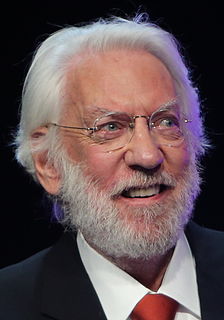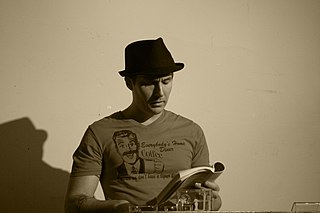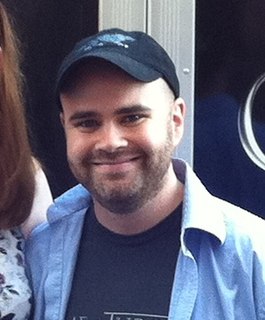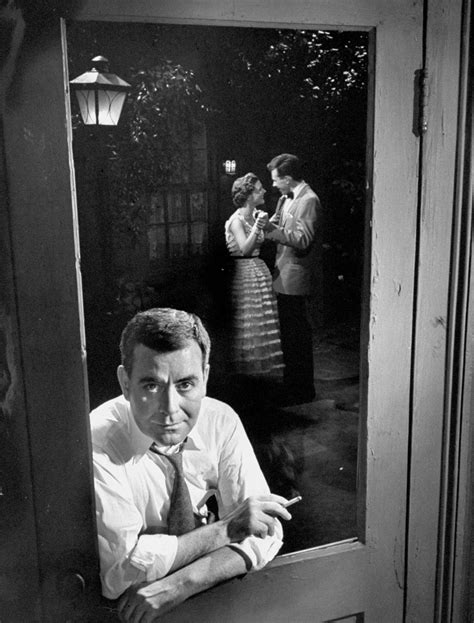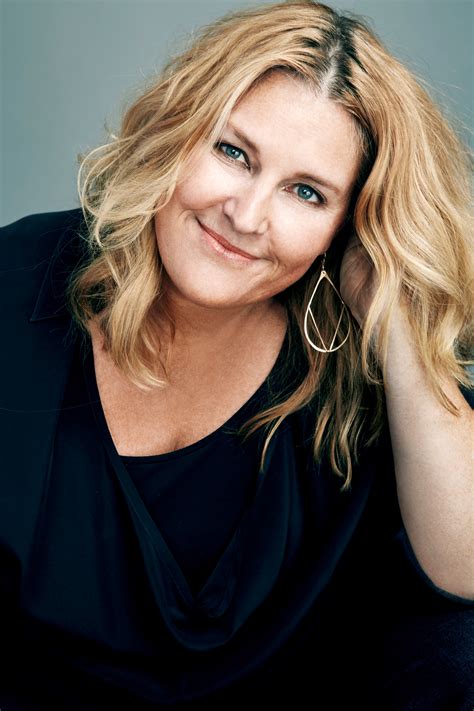A Quote by Chevy Stevens
For 'Never Knowing,' I outlined it and then blocked it out on my office wall with index cards, but things still happened organically.
Related Quotes
There is something to the fact that when you're on stage or when you're playing someone else, you're able to transmute all the things inside you that maybe get a bit blocked by the wall of shyness, or the wall of anxiety, or [by] overthinking. They sort of fall away in that moment and channeled into something else.
Some things you forget. Other things you never do. But it's not. Places, places are still there. If a house burns down, it's gone, but the place--the picture of it--stays, and not just in my remory, but out there, in the world. What I remember is a picture floating around out there outside my head. I mean, even if I don't think if, even if I die, the picture of what I did, or knew, or saw is still out there. Right in the place where it happened.
I had been emotionally affected by the story [of Steven King], on my own, and I knew how I wanted to feel watching it because I had felt it already reading it. God bless them, Bad Robot hired me to develop it and I spent the next six months in a room, alone, with a lot of index cards up on a wall, like the guy in A Beautiful Mind.


